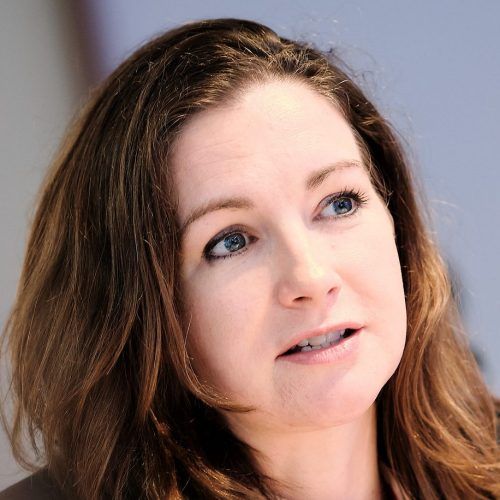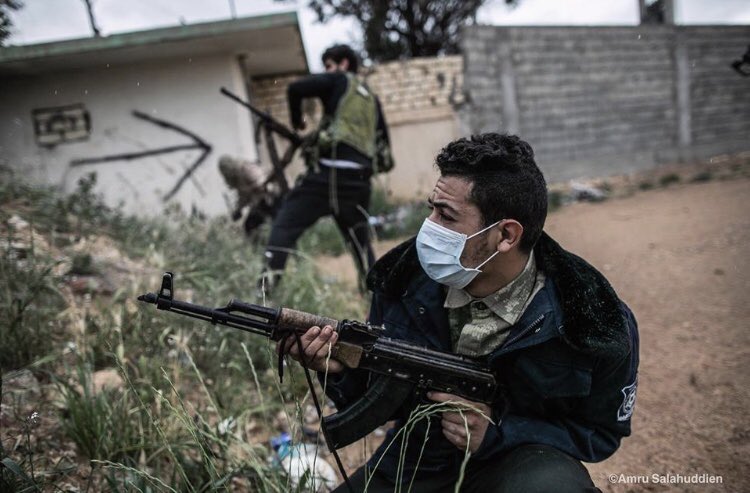
Click here to learn more
Despite numerous peace efforts undertaken by the international community, ongoing conflicts in Afghanistan, Syria, Libya, Yemen, Ukraine and other parts of the world, still affect global and regional stability and security. Many have continued for years, and even decades. At the onset of the COVID-19 crisis, hopes were high that ceasefires for humanitarian assistance and the offer of lifting international sanctions in exchange for political commitments could be a stepping-stone to resolving conflicts and fostering peace. But the root causes of conflicts remain unchanged. Complex constellations of diverse political and socio-economic factors, such as disputed territory, the role of terrorist groups, access to weapons and funding, support from diaspora groups, as well as the disruptive influence and interference of international powers, play a decisive role in impeding further progress.
This article series focuses on the costs and lessons learned from previous interventions, the role and efficacy of international institutions, agreements and interventions, and the prospects of ongoing conflict resolution approaches. It will examine factors conducive to conflict and insecurity, such as social inequalities and structural violence, and how to address them via sustainable social and economic rights, increased reconciliation and high levels of resilience to create durable positive peace. Furthermore, the elements defining the direction and lasting consequences of these conflicts such as political choices, economic consequences, the effects on civil society, and the role of women will be a central consideration.










